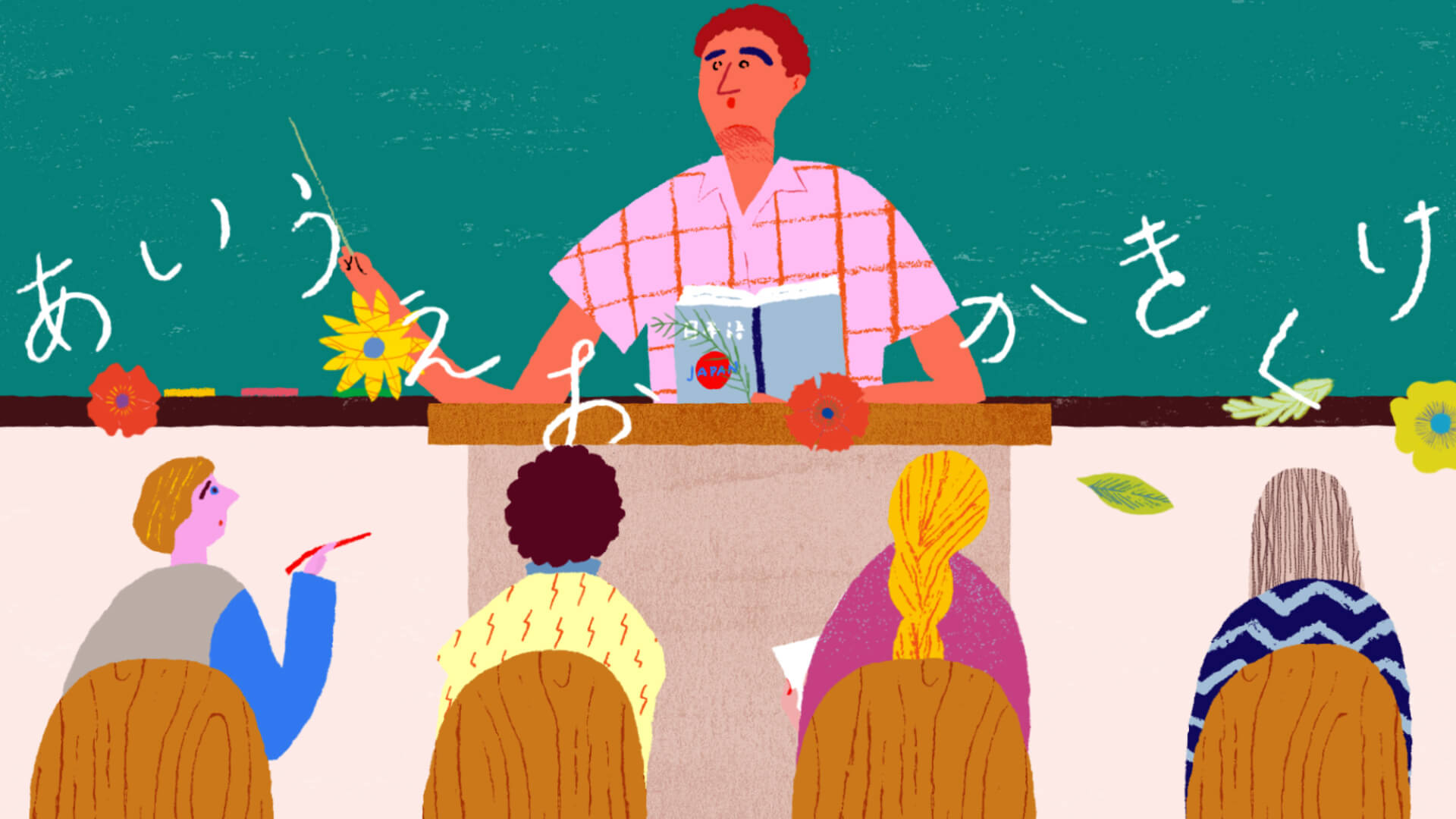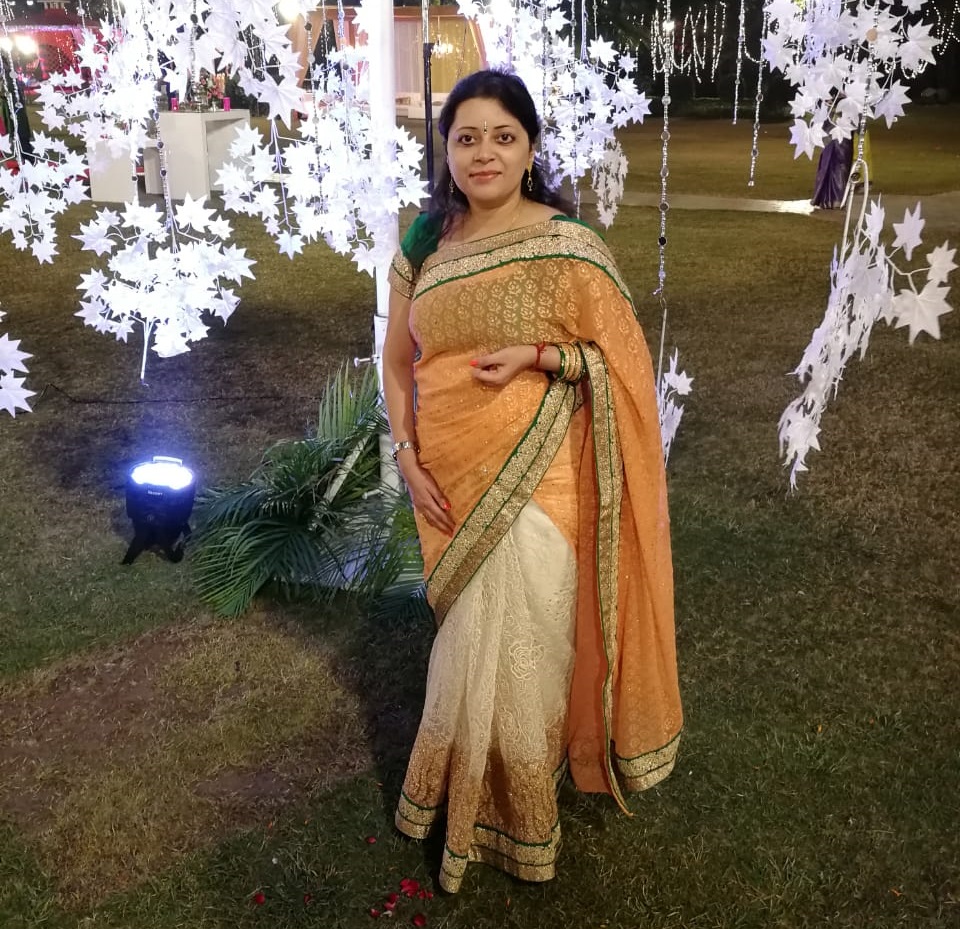Guest Lecturer of Japanese Language at Department of East Asian Studies, St. Stephens College and Daulat Ram College, University of Delhi
Dr. Sweety Gupta has been engaged in Japanese Language Teacher’s Training course-A (360 hours) since February 2021. This course is being conducted by The Embassy of Japan in India, the Ministry of External Affairs of India, supported by The Japan Foundation, New Delhi, and various other institutions. Previously, she worked at The Japan Foundation, New Delhi as a Japanese Language Lecturer for about five years. After finishing her MA (Japanese) from Department of East Asian Studies (formerly known as Department of Chinese and Japanese Studies), University of Delhi, she received Japanese Government Scholarship (MEXT) in 2005 and went to Japan for pursuing further studies. She did her Master’s and Ph.D. in Japanese Literature at Nihon Jyoshi Daigaku, Tokyo. She came back to India in 2011 and soon after coming back started her teaching career. She has published a book in Japan titled “Hirabayashi Taiko: Shakai shugi to jyosei wo meguru hyoushou.” While in Japan, she received many awards for academic excellence. She also has several research papers to her credit.
Dr. Sweety received Japan Foundation scholarship in 2013-14. She thinks that this scholarship is very important for fellows as it helps them get enough financial assistance to manage their day-to-day expenses, research expenses, etc. and they can totally concentrate on their research work without worrying about the finances. Her research topic was 平林たい子-社会主義と女性をめぐる表象 (Socialism and Portrayal of women in Hirabayashi Taiko’s works).
On asking how scholarship did affect her research at that time, she shares her experience. She says that she received MEXT scholarship in 2005 after finishing her M.A (Japanese Language & Literature) from Department of East Asian Studies, University of Delhi. After going to Japan, she did her second Master’s in Japanese literature and went on to pursue Ph.D. from Nihon Jyoshi Daigaku. She could finish her coursework, publish research papers, and make conference presentations during her stay in Japan. However, her scholarship term ended in 2011 and she had to come back to India without making submission for her dissertation. Soon after coming back to India, she joined Department of East Asian Studies, University of Delhi, and The Japan Foundation, New Delhi. While working at The Japan Foundation, she came to know about JF fellowship. She applied and to her pleasure, got through it. In this way, the fellowship enabled her to go to Japan once again in order to collect the research material required for completing her doctoral thesis. She says that since she was researching Japanese Literature and writing her thesis in Japanese Language, it was impossible for her to procure the research material in India. After working intensively for nine months, she could finally submit her thesis successfully and planned to publish it in book form in Japan. She says that if she “had not received this scholarship, it would not have been possible” for her to finish her Ph.D. “Hence, I owe a lot to The Japan Foundation.”
Talking about the impact of scholarship in achieving her current stage in life and career, she says that Ph.D. is an essential qualification for a university teacher in order to progress in the academic career. Hence, she is sure it will help her in achieving her long-term career goals.
Reminiscing about her memories, she says that originally, she had gone with the aim of finishing and submitting her thesis and thus, she was completely immersed in her research work. However, she could take some time out to catch up with her old Japanese friends. “Also, for the first time I stayed in a share house where some native Japanese and foreigners were staying together under one roof. I could make some good friends over there. Once we all went out to enjoy a Matsuri. I also got an opportunity to visit my Japanese friend’s house and stay with her family for a day. ”
She points out how there are so many students who want to visit Japan for studies but only a few lucky ones get a fellowship/scholarship and a chance to fulfill their dreams. Therefore, I would “suggest the future fellows to treasure it, make the most out of this opportunity, focus on their goal, and not deviate from it no matter what.“
 Twitter
Twitter


 '
'